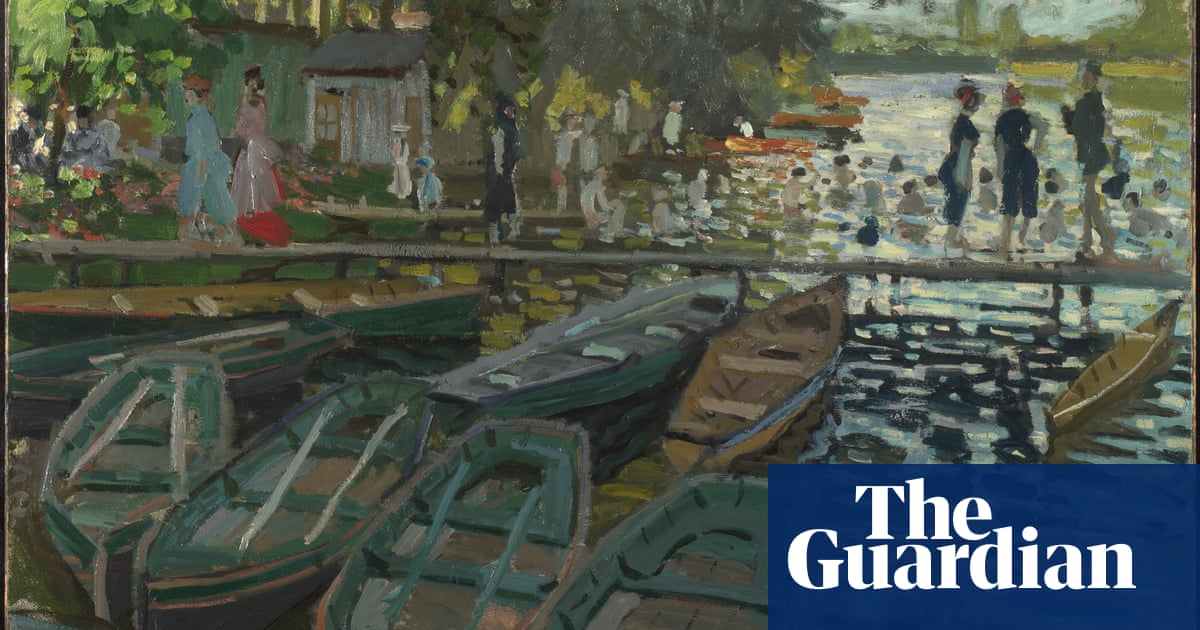
don’t set myself quantitative reading targets. I read as I live, compulsively and without much planning, which means that I average out at about a hundred books a year, mostly fiction. In terms of sheer mass I do fine, it’s just that I often remember almost nothing about them once I’ve finished. I read a lot, but very poorly. This has never been more evident than in 2020, when my tendency to either read nothing or to binge thoughtlessly was crystallised.
Almost two months went by in which all I could read were tweets, the news and despairing emails from friends. I could not listen to music or watch films with any focus, either. By the time summer came I had begun to read again, in fitful jags and a spirit of mania rather than relaxation or contemplation. I read dozens of thrillers in one particularly stressful week, completing the back catalogues of some fairly prolific authors, and could not have told you much about them by the following morning.
My literary comfort food is fat novels about families and marriages, the more domestic and low-stakes in terms of material drama the better. I like squabbling and almost imperceptible emotional vagaries and unrealised infidelity. I read dozens of these this year too, again in the slippery rush of pure consumption with which I absorbed the interchangeable thrillers. Some of these books were artfully constructed and stylistically impressive and emotionally insightful, and some of them were the equivalent of a more anodyne Nancy Meyers film, all empty middle-class malaise and loud chatter about nothing much. It hardly mattered to me which kind they were in my undiscerning haze. I just wanted to be calmed, to feel passive and sated and safe, and sometimes I did. My reading, no matter how superficial and rapid and lacking in reflection, was a method of coping and I don’t regret it.
In 2021, however, I intend to leave these habits behind and begin a reading life that has more ambition. I’ve been thinking about a practice my father had when I was a child. He bought me a book every week or so – he said if there was anything we should be profligate about it was that – and it worked out roughly that for every three bits of frivolous reading he funded, there was one more difficult book added to my library. If I read serialisations of Nickelodeon shows for three weeks, then on the fourth I would try my hand at Dickens or whatever else in the classics and literature sections caught my eye.
When I grew into a teenager, just before the internet was totally ubiquitous, my cultural habits were excitable and hungry. I stumbled on things I liked and used them as a basis for digression. I read blurbs on the back of The Virgin Suicides and then sought out the authors to whom Jeffrey Euginedes was being compared. I read reviews in broadsheets and wrote down the references I didn’t understand and tried to catch up. I bought something randomly from the “new in” section of my local bookshop every few weeks. This meant that I read things I found perplexing and hateful and boring, but rarely did I find that I regretted having done so.
As an adult I became lazy. I learned what kind of book it is that I derive pleasure from most easily and I read a thousand more like them. There is nothing wrong with reading for pleasure of course, but there is some balance between entertainment and enlightenment to be had, one I did strike briefly in my youth, when I was reading widely and challenging myself regularly. I did not back then consider a book refusing to bring me comfort to be a failure of a book. I often read words and ideas that were unfamiliar to me and which I needed to work hard to elucidate for myself, and once I found my way into whatever they had led me to, there was further reward to be had.
Now is not the time to chastise ourselves, and I’m not engaging in self-recrimination when I say that I want to expand my repertoire this year. We have lost not only emotional peace and comfort through the Covid-19 catastrophe, but also excitement. We have stress, certainly, and anxiety, but no dynamism, no movement. I believe that trying to read with a renewed openness will be not a punishment but something to assuage, just a little, the loss I feel from having no colour in my life. The notion of self-care can sometimes be recast as strictly indulgent behaviours to the detriment of the self who is supposed to be cared for; having a bottle of wine and a takeaway pizza to relax is great, but taking care of yourself also means doing the dishes and going for a walk and having a shower.
When I was a kid I was more open to trying anything at all because I didn’t know who I was going to be yet. I was always angling at becoming, and it was for this reason I was greedy to read everything. Even the stuff I hated had value because it gave me new information about myself. There comes a point for most adults when they believe they have stopped becoming, but we never really do. There’s always more change to come. I want my reading life to reflect this as we try to bear a time in which stagnation is unfortunately mandatory. I’ll be taking my dad’s three parts pleasure one part challenge approach to try to get there.
• Acts of Desperation by Megan Nolan will be published in March by Jonathan Cape.












